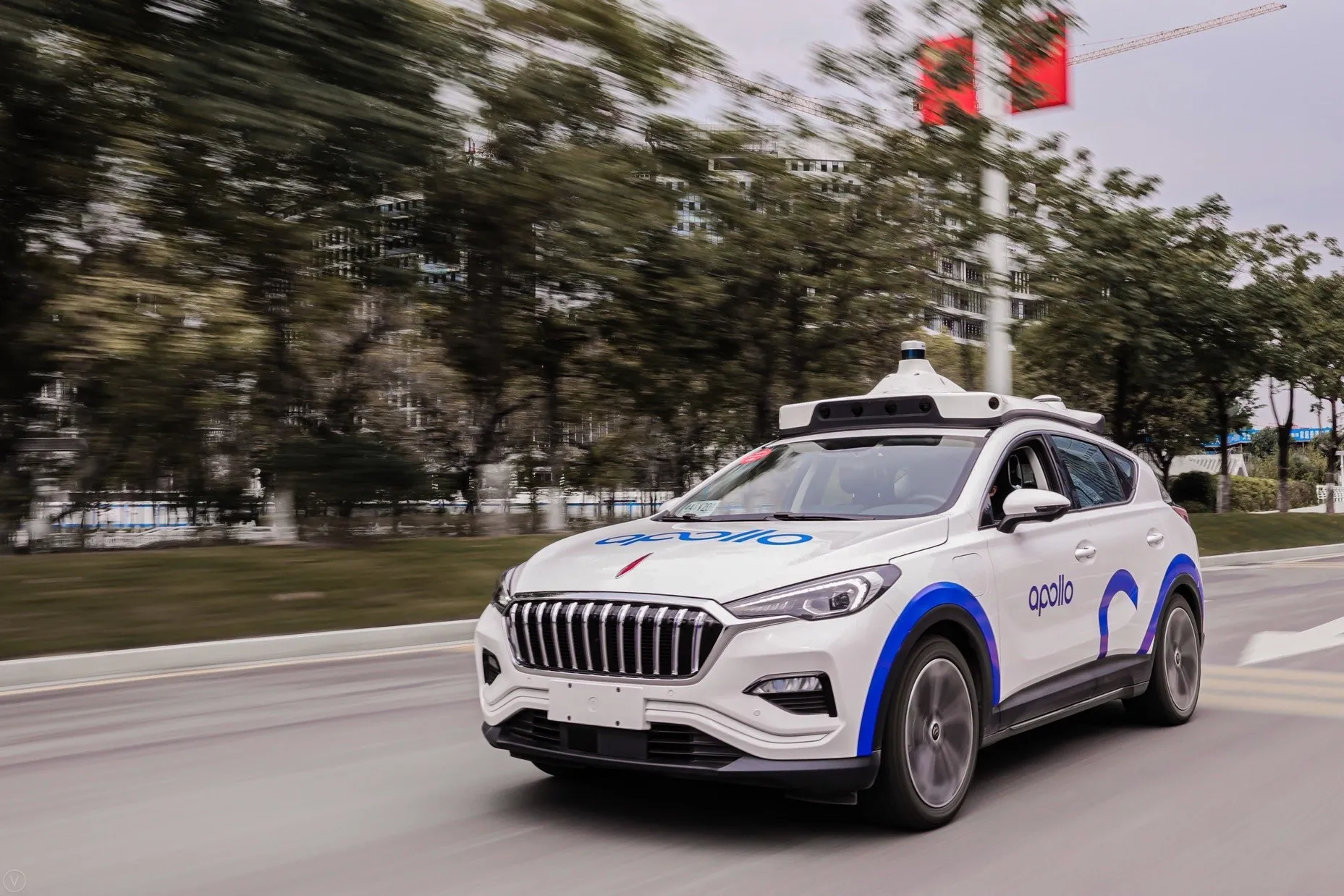The City of Atlanta, Georgia, in partnership with the Georgia Department of Transportation (GDOT) and Georgia Tech, has launched a smart city project on a major east-west artery in the city.
The North Avenue Smart Corridor demonstration project, funded by the Renew Atlanta Infrastructure Bond, will deploy the latest technology in adaptive signal systems for a safer, more efficient flow of transit, personal vehicles, cyclists and pedestrians, as well as facilitating improved emergency response by prioritising fire engines and ambulances travelling through the corridor.
The Corridor features Surtrac, an artificial intelligence-based adaptive signal system that is claimed to reduce travel times by 25 per cent by eliminating stops and reducing wait times, not by increasing travel speeds. The reduction in stops and delays reduces wear and tear on vehicles and the road, and can reduce harmful emissions and improve air quality.
In coordination with GDOT, Renew Atlanta deployed technology and equipment at the signalised intersections along the corridor to support an adaptive traffic signal system, video surveillance and detection system, connected vehicle system and Bluetooth travel time and origin destination system. Additionally, Renew Atlanta restriped the corridor to support improved safety and the demonstration of autonomous vehicles that rely on clear striping and signage to navigate the roadway.
North Avenue was chosen for the project because of its prominence as a major east-west artery, serving numerous destinations, institutions and employment centres. It is also served by numerous transit operators and routes, intersects with key cycle routes and includes 18 signalised intersections.
The road’s features offer the City and Georgia Tech an opportunity to study how to improve safety over the current higher than average accident rates as well as better manage multimodal traffic flow during normal traffic conditions and during special events. Earlier this year, the City of Atlanta announced an expanded research partnership with Georgia Tech to capture data and turn this data into actionable information to improve operations along the corridor.
In collaboration with the North Avenue Smart Corridor project, where advanced vehicle-to-vehicle (V2V) and vehicle-to-roadside (V2R) technologies have been deployed by the city in an active test bed, GA Tech will leverage those technologies to advance a ‘Green Corridor’.
Multiple companies based in Atlanta and the metropolitan area will demonstrate their technology on the Corridor. Applied Information, based in metropolitan Atlanta, is providing all connected vehicle infrastructure for the Smart Corridor, as well as the Atlanta Travel Safely smart phone app.
Atlanta launches Smart Corridor demonstration project
The City of Atlanta, Georgia, in partnership with the Georgia Department of Transportation (GDOT) and Georgia Tech, has launched a smart city project on a major east-west artery in the city.
The North Avenue Smart Corridor demonstration project, funded by the Renew Atlanta Infrastructure Bond, will deploy the latest technology in adaptive signal systems for a safer, more efficient flow of transit, personal vehicles, cyclists and pedestrians
September 15, 2017
Read time: 3 mins







